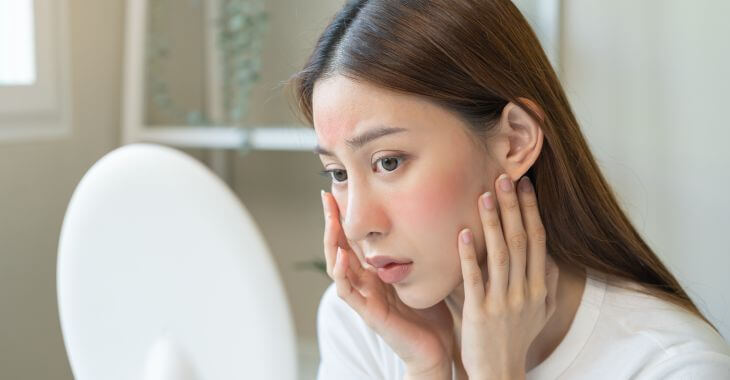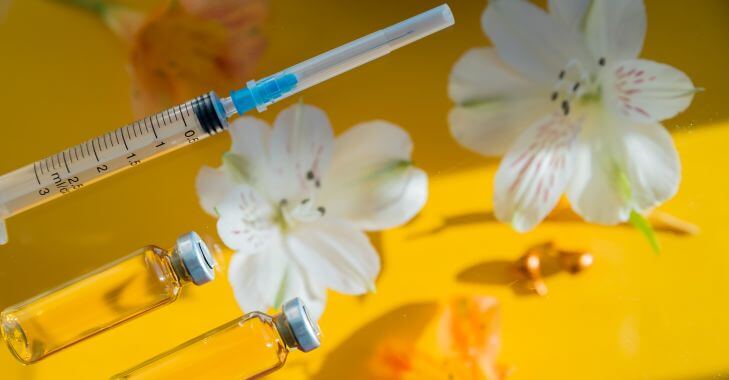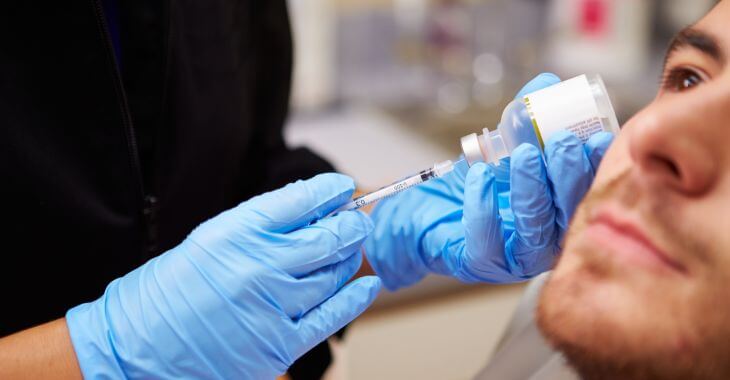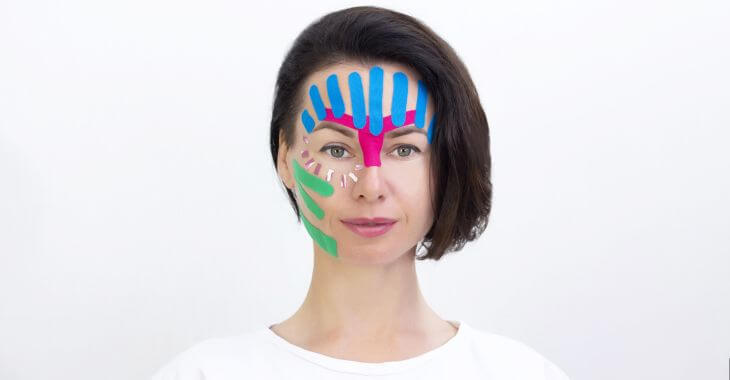Allergic Reaction to Botox: What You Need to Know

Botox, a popular cosmetic and medical procedure, is primarily known for its ability to reduce wrinkles and fine lines by temporarily paralyzing specific facial muscles. While considered safe and effective, like any medical treatment, there is a chance of allergic reaction to Botox. Here’s what you need to know.
Understanding Botox
Botox, named for its main ingredient, Botulinum toxin, is a neurotoxin produced by the bacterium Clostridium botulinum. When used in small, controlled doses, it has a therapeutic effect by blocking the release of acetylcholine, a neurotransmitter responsible for muscle contraction.
The temporary muscle paralysis gives Botox its cosmetic and medical applications, such as wrinkle reduction, muscle spasm treatment, and migraine prevention. The effects of Botox can last for 4-6 months before the proteins are broken down into amino acids and absorbed by the body.
Allergic Reactions to Botox
Allergic reactions to Botox are relatively rare, but they can occur. These reactions are typically categorized as Type I hypersensitivity reactions, also known as immediate hypersensitivity reactions. They involve the immune system’s response to an allergen, in this case, a component of Botox.
Common Symptoms of a Botox Allergy
If you have a Botox allergy, you may have symptoms right after your injections. It is also possible to have a delayed allergic reaction to Botox. The following are common symptoms of a Botox allergy.
- Swelling: Facial or localized swelling around the injection site is a common sign of an allergic reaction. It can be mild to severe and typically occurs shortly after the injection.
- Itching: Itchy skin, hives, or a rash may develop in response to the allergen.
- Redness: The skin around the injection site may become red or flushed.
- Difficulty Breathing: In severe cases, an allergic reaction to Botox can lead to difficulty breathing, chest tightness, or wheezing. This is a medical emergency and requires immediate attention.
Botox does come with a risk of side effects that are not necessarily signs of an allergy. These include headaches, mild swelling/bruising from the injection, and muscle weakness.
Causes and Risk Factors of Botox Allergies
The primary cause of an allergic reaction to Botox is an immune system response to one of the proteins found in the formulation. Botox is derived from the bacterium Clostridium botulinum and contains inactive proteins. It’s the body’s reaction to these proteins that can trigger an allergic response.
Risk factors that may increase the likelihood of an allergic reaction include:
- Previous Allergies: Individuals with a history of allergies, particularly to similar substances or other neurotoxins, may be at a higher risk.
- Sensitization: Repeated Botox treatments may increase the risk of sensitizing the immune system to the proteins in the formulation.
- Improper Administration: If an inexperienced or untrained practitioner administers Botox, there may be a higher risk of improper technique or dosing, which could lead to an adverse reaction.
If you suspect you are experiencing an allergic reaction to Botox, it is essential to seek immediate medical attention, especially if you are experiencing difficulty breathing or severe symptoms. Here is how to treat allergic reaction to Botox:
- Contact a Healthcare Professional: Contact your healthcare provider or seek emergency medical assistance if you suspect an allergic reaction. Do not wait or assume symptoms will resolve on their own.
- Discontinue Botox Use: If you suspect an allergic reaction, discontinue any further Botox treatments and inform your healthcare provider about your response and symptoms.
- Antihistamines: In milder cases, antihistamines like Benadryl may help relieve itching and swelling. However, these should not replace professional medical evaluation and treatment.
- Epinephrine: In severe cases, an injection of epinephrine may be necessary to alleviate life-threatening symptoms such as difficulty breathing and anaphylaxis.
- Follow-Up with a Specialist: After experiencing an allergic reaction, it is crucial to follow up with a healthcare specialist, such as an allergist or dermatologist, for a comprehensive evaluation and assessment of the allergic response.
Can You Test If You’re Allergic to Botox?
Testing for an allergy to Botox (Botulinum toxin) is not a routine procedure, and there is no standardized test specifically designed to detect Botox allergies. However, in some cases, doctors may use certain diagnostic methods to evaluate a patient’s sensitivity or potential allergic reactions to Botox.
Here are some ways in which allergies or sensitivities to Botox can be assessed:
- Patient Medical History
- Patch Testing
- Skin Prick Tests
- Observation of Previous Reactions
It is important to note that while these methods may be used in specific situations, there is not a universally accepted or standardized diagnostic test for Botox allergies. Botox allergies are relatively rare, and most individuals tolerate Botox treatments without adverse reactions.

Allergic reactions to Botox are relatively rare, but they can occur. Recognizing the symptoms and seeking prompt medical attention if you suspect an allergic response to Botox is essential. Always prioritize your safety and well-being when considering any cosmetic or medical procedure.
The information provided on this website, including text, graphics, images, and other materials, is intended solely for informational purposes and should not be used as a substitute for professional medical advice, diagnosis, or treatment.




)